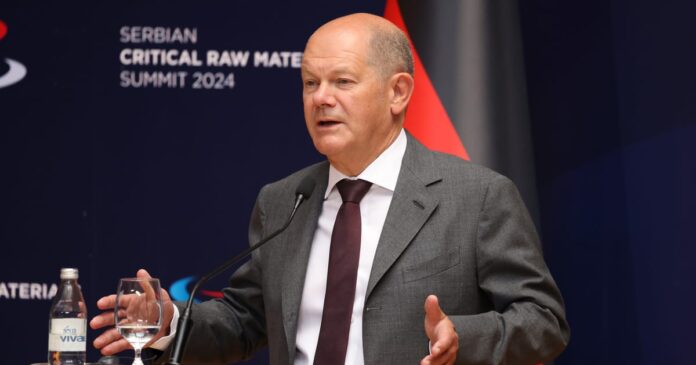“The Draft Law on Environmental Impact Assessment, though submitted to the Serbian parliament in October 2023, remains unadopted and contains critical gaps, such as not preventing the issuance of construction permits before the completion of the EIA,” Berishaj explained.
Opposition to the project, including roadblocks across the country and thousands of protesters, was so strong that despite signing a deal with Rio Tinto in 2020, the government ultimately decided to cancel plans for the mine’s construction in January 2022.
But after securing another mandate in December’s national elections, the Serbian government decided to revive the project and legitimize it by passing the baton to the Constitutional Court. On July 11, the court declared the government’s decision to ban the project unconstitutional and reinstated its progress.
During the opening session of the Critical Raw Minerals Summit on Friday, Serbian President Aleksandar Vučić acknowledged the lack of support for the project in the country, but stressed that he believes “people will increasingly stand with their country and their government once they see the level of commitment and diligence with which we have approached this project.”
Scholz emphasized the importance of the environmental concerns, assuring that Germany would monitor the development of the unconstructed mine closely and pledged to “provide ecologically acceptable solutions and the knowledge of our (German) mining engineers every step of the way.”
He also stressed that the project, expected to bring €6 billion in new investments, would play a key role in integrating Serbia in European and global markets.


